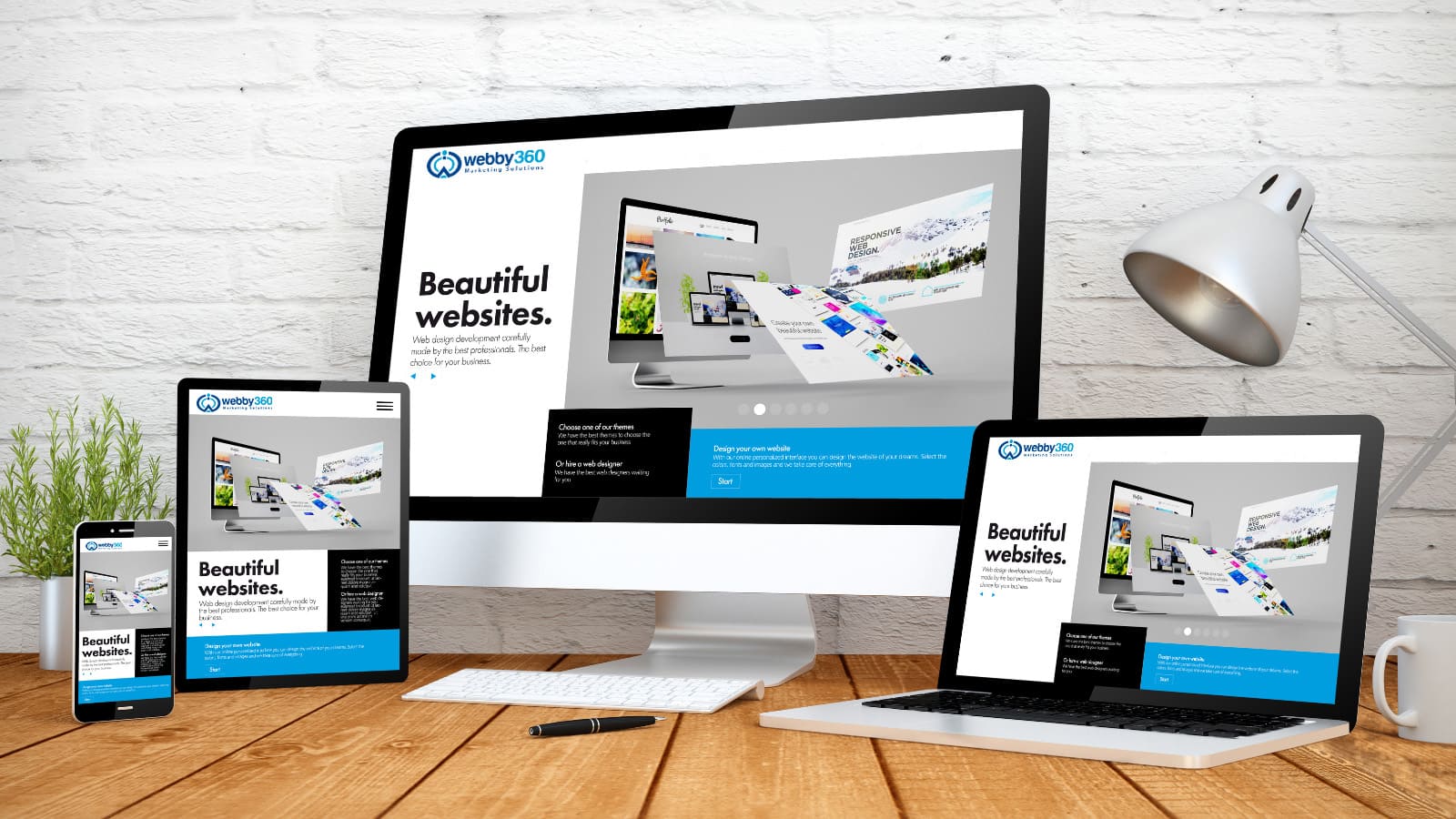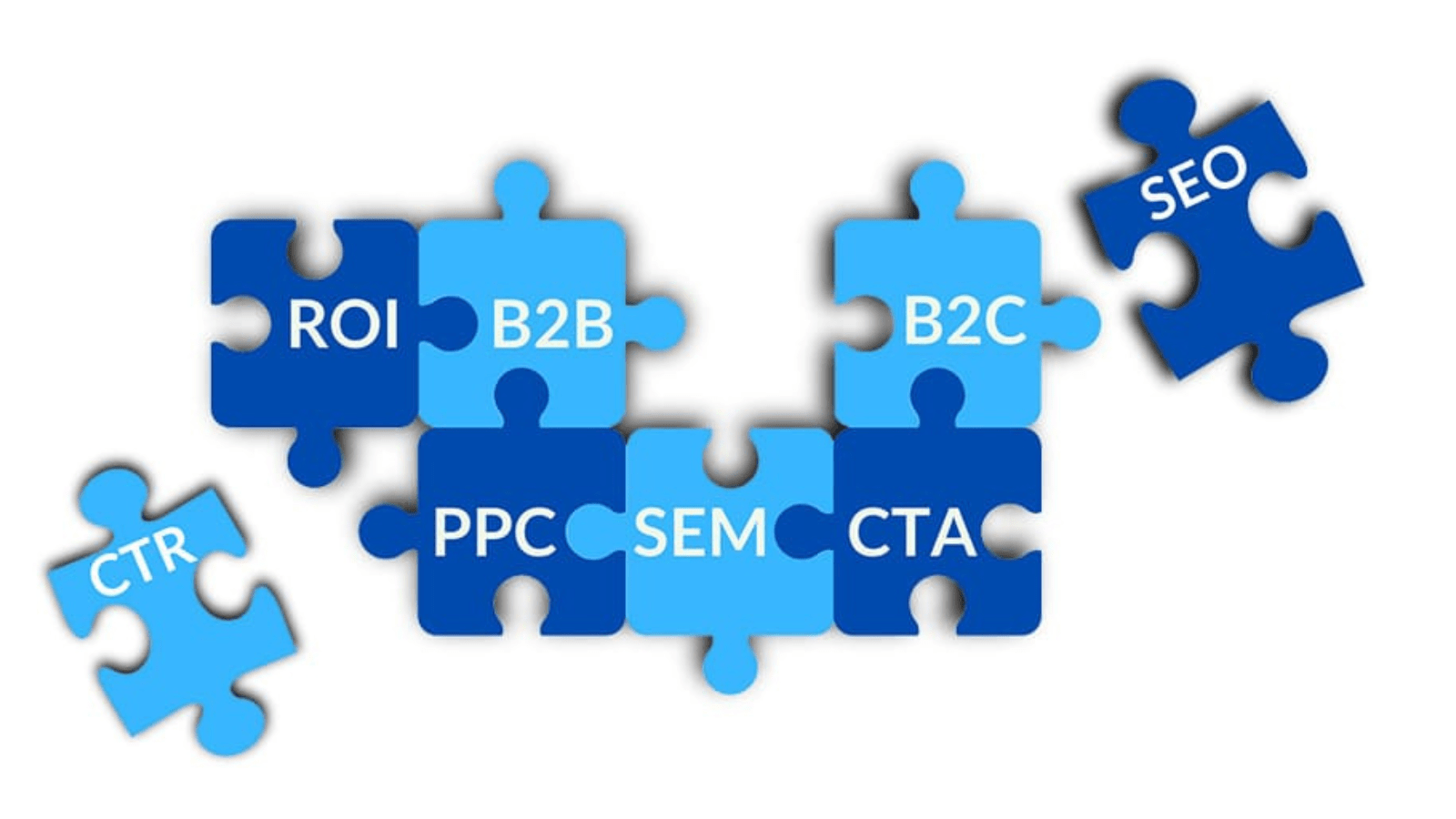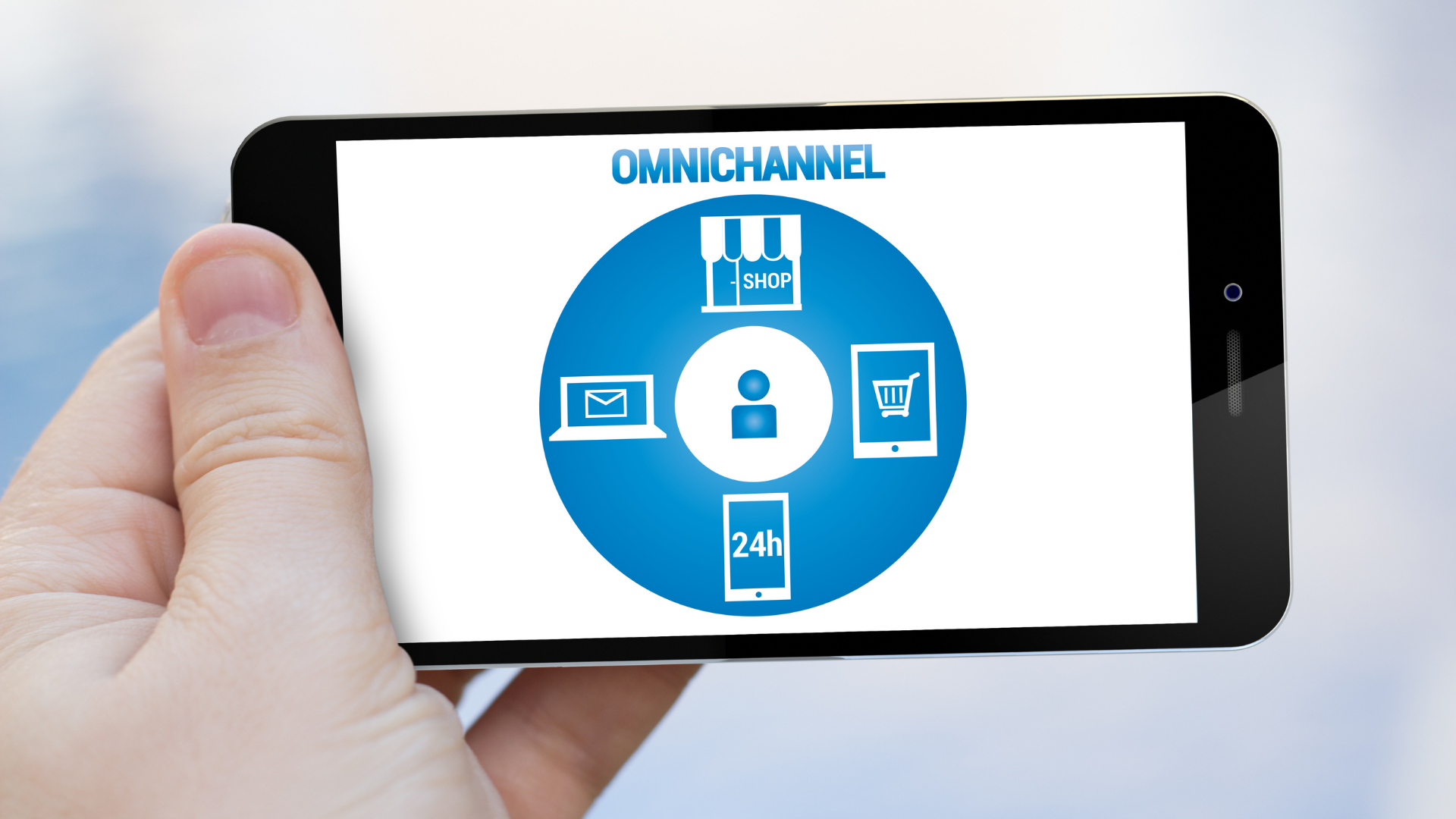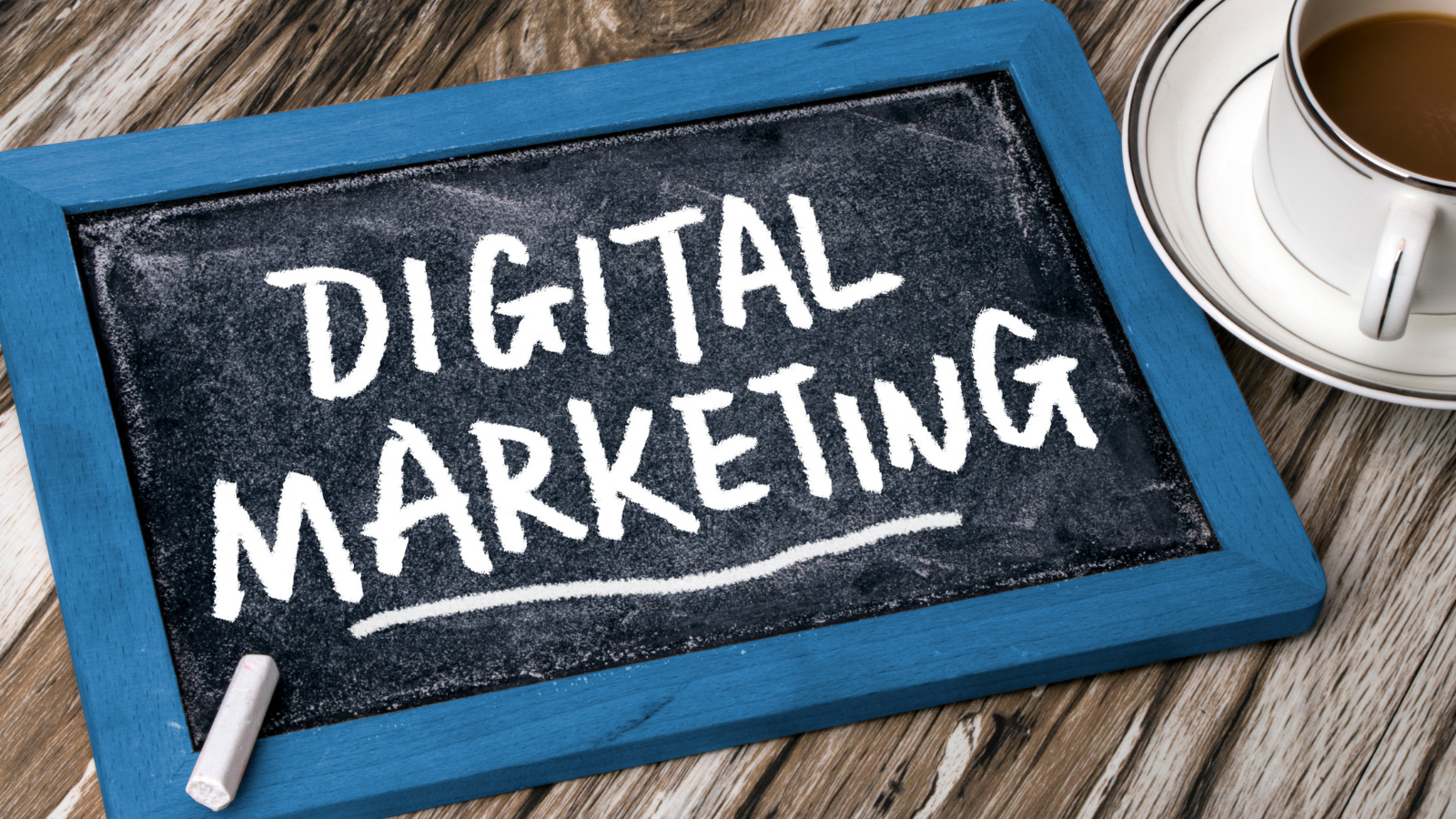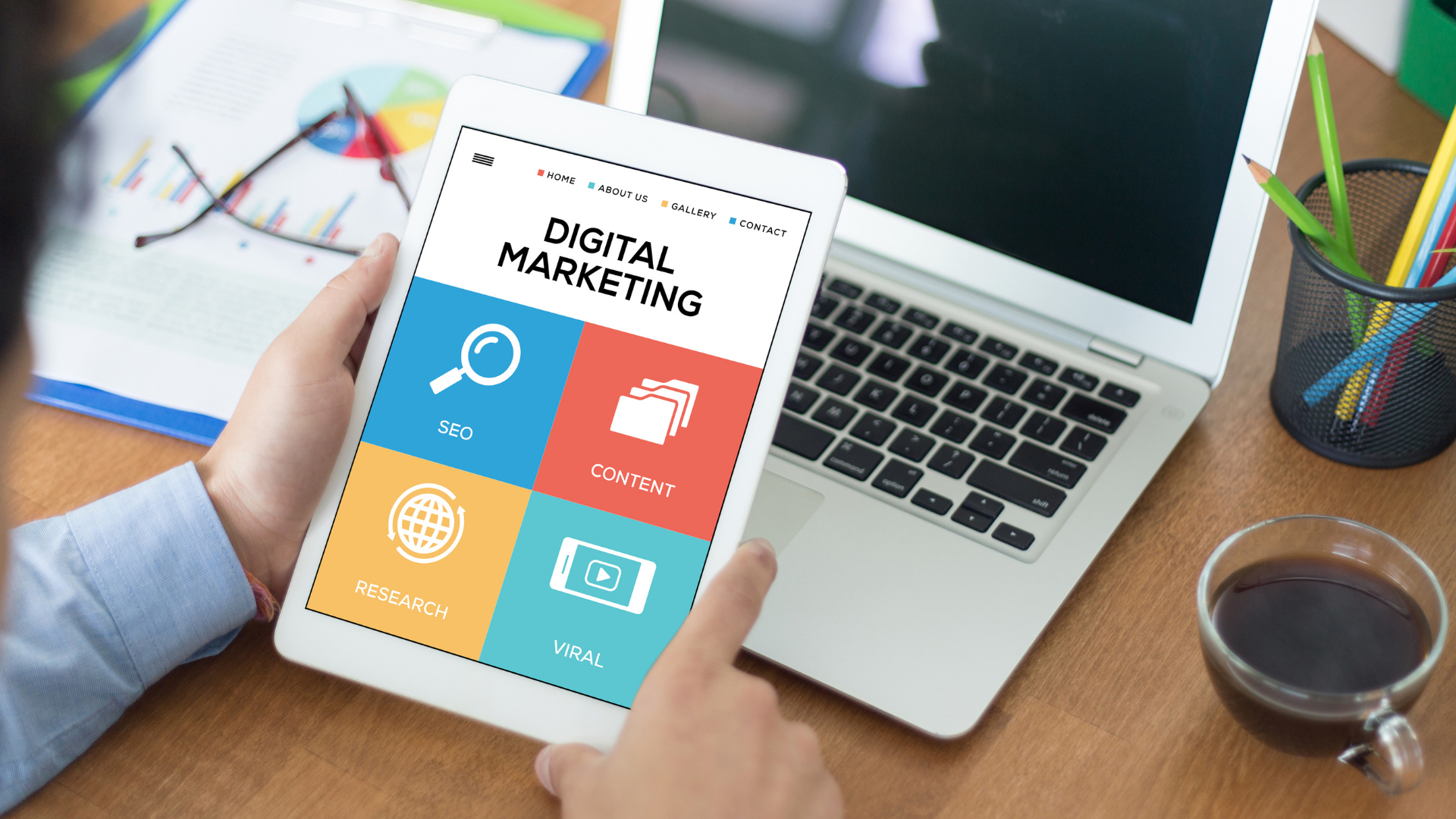The Difference Between Mobile-Responsive and Mobile-Friendly Web Design
If you want your website to be viewed and experienced the same way on every device, it’s important to understand the difference between mobile-responsive and mobile-friendly web design. While the terms ‘mobile-responsive’ and ‘mobile-friendly’ websites are often (mistakenly) used interchangeably, they are actually different. While both refer to interacting with a website on a mobile device, the key difference is how users see vs experience the information on your website. The first step before moving forward is to make sure you have a functional website to promote your business on. If you need a new or improved website, you may want to consider reading
Important Digital Marketing Terms Every Small Business Owner Should Know
Sometimes acronyms can make things easy. But if you don’t know what CPC, PPC, SEO, SEM, CTR, or ROI mean, digital marketing terms can get pretty confusing and overwhelming … fast. So here is a quick cheat sheet for some of the most important digital marketing terminology every small business owner should know. Return on Investment (ROI) ROI isn’t a digital marketing-specific acronym, but it's still a very relevant term. ROI means how much money you get back from your spending on your digital marketing campaigns. Business to Business (B2B) & Business to Consumer (B2C) B2B means that a business is selling to other businesses, like Webby360. In
OMNICHANNEL MARKETING: An Overview
Omnichannel marketing describes a strategy for the integration and cooperation of the various channels organizations use in order to interact with consumers and create a seamless customer experience. It is aimed at reinforcing the satisfaction of consumers with a brand, creating a constancy in the relationship, and making the customer's experience a fulfilling one, whether the mediums are physical or digital. Nowadays, companies and businesses, such as healthcare, retail, finance, and technology, are all taking advantage of omnichannel techniques, to optimize the consumer experience. The goal of an omnichannel marketing strategy is to create a convenient, seamless user experience for consumers that offers many opportunities
First-Party Cookies, What Are They?
First-party cookies are electronic cookies that enable a firm or organization owning a website to gather analytics data. To accept or not to accept? That is often the question. We have all gotten used to that little pop-up that happens every time we visit a website asking us if we accept the application of this technological tool with the cute name, “cookies”. Why is it an important tool for every company to include in their online offerings, what does this actually mean for your business and what happens if the end user chooses ‘OK’ or declines? These days many users simply click accept without reading, but
3 Digital Marketing Strategies to Include in your 2022 Business Plan
January is here, the perfect month to get creative and plan calmly for the next few months. We all know planning is key when we talk about business. Planning allows us to set our goals for the company and determine all the tools and actions that we can take to accomplish our goals, but most of all, we can choose our company’s destiny. It’s like creating a roadmap that will take us to the next destination
4 Tips to Improve Your Social Media Presence as a Small Business
Social media is common in the lives of so many people, and it has such a high degree of importance for smaller businesses. The use of social media can help with brand awareness, customer engagement, and lead generation. Utilizing social media platforms is essential for business success
3 Digital Marketing Tips for Small Businesses in 2022
It seems that with every day that passes, we as a society move deeper and deeper into the digital world. It doesn’t matter whether you are an individual influencer, part of an established corporation, or a small business; a strong digital presence is critical for any business to survive and thrive in today’s age
5 Simple Tools Every Small Business Needs
Connecting with your consumers and building relationships with them is very important if you want long-term success with your business. People like to purchase products and services from someone they feel they know personally
Why is Analytics in Social Media Marketing So Important?
Digital Marketing is a type of marketing that uses electronic devices to reach consumers and it is rapidly becoming one of the most popular and effective ways to grow businesses
4 Benefits of Digital Marketing
Digital Marketing is a type of marketing that uses electronic devices to reach consumers and it is rapidly becoming one of the most popular and effective ways to grow businesses


